佐治亚州可能会通过一项歧视华人的法案
2023 年,佐治亚州立法者提出了 S.B., 132,该法案将限制某些特定国家的人们在该州拥有和购买土地。 该法案将影响来自中国、古巴、伊朗、朝鲜和俄罗斯的国家。 然而,讨论的焦点是来自中国的外国人,他们公开表示担心中国公民会成为中国政府的间谍,并对国家的粮食供应构成威胁。
Asian Americans Advancing Justice - Atlanta (非营利的公益组织)发布了一份报告,深入探讨了《外侨土地法》的种族主义本质,比较了南部 10 个州的类似法案,并强调了这些法案违反联邦法律的情况。 重要的是人们要理解这些问题并大声反对它们。 以下是报告中的几个要点。
美国通过反亚裔立法有着悠久的历史。 这些法律类似于 1900 年代初的《外国人土地法》,该法针对日本人和其他人拥有土地。 这些法律常常伴随着人际暴力和针对亚洲人的歧视行为。
S.B. 132也对大学生产生影响,因为它将禁止他们住在大学宿舍。 如果出口企业与这些国家之一进行贸易,也会对其产生负面影响。
这些法案违反了《联邦公平住房法》,该法保护人们在涉及居住地时免受基于国籍的歧视。 此外,美国宪法第十四修正案保护在美国的人免受基于国籍的歧视。
通过监管移民政策,这些法案违反了所谓的至上条款,因为监管移民政策的责任只有联邦政府,而不是州政府。
喬治亞州可能會通過一項歧視華人的法案
2023 年,喬治亞州立法者提出了 S.B., 132,該法案將限制某些特定國家的人們在該州擁有和購買土地。 該法案將影響來自中國、古巴、伊朗、北韓和俄羅斯的國家。 然而,討論的焦點是來自中國的外國人,他們公開表示擔心中國公民會成為中國政府的間諜,並對國家的糧食供應構成威脅。 Asian Americans Advancing Justice - Atlanta (非營利的公益組織)發布了一份報告,深入探討了《外僑土地法》的種族主義本質,比較了南部10 個州的類似法案,並強調了這些法案違反聯邦法律 的情況。 重要的是人們要理解這些問題並大聲反對它們。 以下是報告中的幾個要點。
美國透過反亞裔立法有著悠久的歷史。 這些法律類似於 1900 年代初期的《外國人土地法》,該法針對日本人和其他人擁有土地。 這些法律常伴隨著人際暴力和針對亞洲人的歧視行為。
S.B. 132也對大學生產生影響,因為它將禁止他們住在大學宿舍。 如果出口企業與這些國家之一進行貿易,也會對其產生負面影響。
這些法案違反了《聯邦公平住房法》,該法保護人們在涉及居住地時免受基於國籍的歧視。 此外,美國憲法第十四修正案保護在美國的人免受基於國籍的歧視。
透過監管移民政策,這些法案違反了所謂的至上條款,因為監管移民政策的責任只有聯邦政府,而不是州政府。
Modern-Day Alien Land Laws' Resurgence throughout the South
A Historical, Cross-State Analysis
Published by Asian Americans Advancing Justice-Atlanta and Thông Phan, October 2023.
Over the years, Georgia has benefited from welcoming businesses and newcomers from around the world. However, in 2023, the Peach State joined 32 other states that introduced 81 bills to restrict land ownership of target persons and entities from certain non- U.S. countries. All of these bills target people from China, though a number also targeted individuals from other nations such as Iran, Russia, North Korea, Cuba, Syria, Saudi Arabia, and Venezuela. Given these law’s historical connection to racist and xenophobic property restriction laws of the early 20th century, we refer to these restrictive laws as “alien land laws.”
Not only do they reprise racist laws of the past, but they contribute to the current anti-Asian fervor stemming from COVID-19 and geopolitical tensions. From a legal standpoint, they violate the Federal Fair Housing Act of 1968 and Equal Protection Clause under the 14th Amendment. Georgia remains one of a few states in the South that still has the opportunity to decide against implementing a discriminatory and harmful land law that could lead to unintended legal and economic consequences.
This report will examine the history of anti-Chinese legislation in the U.S., and compare provisions across states to present a case for policymakers and stakeholders on why the policy has no place in Georgia.

